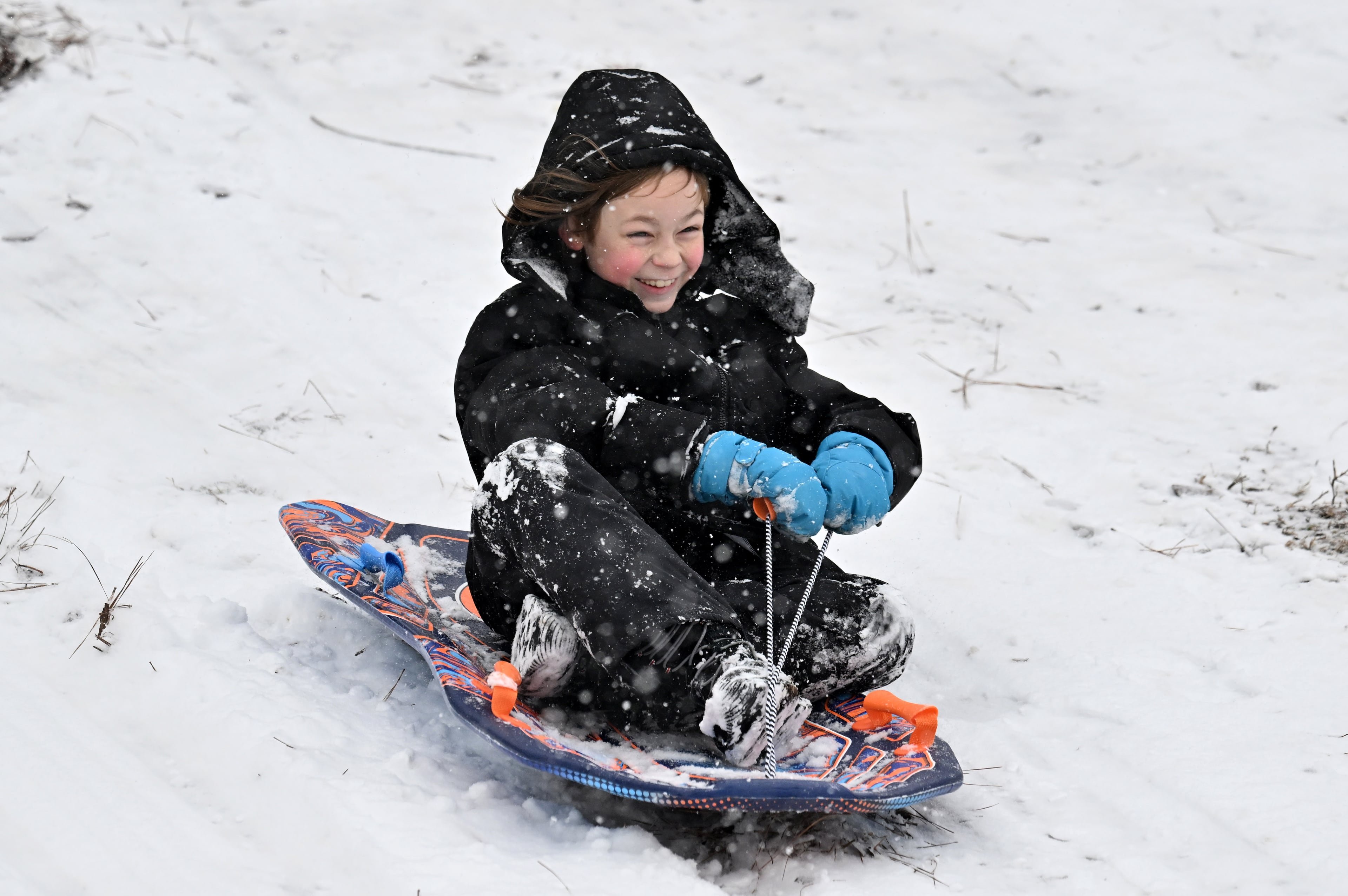What you need to know if there’s a tornado
Although the peak months for tornado activity in Georgia are March, April and May, one can form at just about any time. Before you get an alert or hear a siren, you should make sure you’re prepared.
Here's everything you need to know during a tornado:
Tornadoes can appear without warning, so it's important to be prepared to act quickly.
The Georgia Emergency Management Agency offers tips and information to get ready for tornado season.
Know the difference between a watch and a warning
A “watch” means a tornado is possible in your area. A “warning” means a tornado has been spotted, and you need to take shelter immediately.
Where should you take shelter?
» Storm cellars or basements provide the best protection.
» If that’s not an option, go into an interior room or hallway on the lowest floor.
» In a high-rise, go to a small interior room or hallway on the lowest floor.
» Stay away from windows, doors and outside walls. Stay away from corners; they attract debris.
» A vehicle, trailer or mobile home does not provide good protection.
If shelter is not available, lie flat in a ditch or other low-lying area. Do not get under an overpass or bridge.
The American Red Cross also suggests that you:
» Listen to local news or a NOAA Weather Radio to stay informed.
» Know your community’s warning system, because they aren’t all the same.
» Practice tornado drills so children know what to do
» Remove diseased and damaged limbs from trees before high winds hit.
» Move or secure lawn furniture, trash cans, hanging plants or anything else that can be picked up by the wind and become a projectile.
» Watch for tornado danger signs: dark, often greenish clouds; wall cloud — an isolated lowering of the base of a thunderstorm; cloud of debris; large hail; funnel cloud — a visible rotating extension of the cloud base; roaring noise.
After the storm:
» Finding important documents (deeds, insurance, etc.) will be easier if you’ve stored them in a safe-deposit box or other safe places.
» Use bottled water or boil tap water before drinking it. Discard any food that comes in contact with contaminated water.
» Inspect your home for damage, and take steps to prevent more damage (cover holes with plywood or plastic).
» Stay out of damaged buildings and away from downed power lines.


